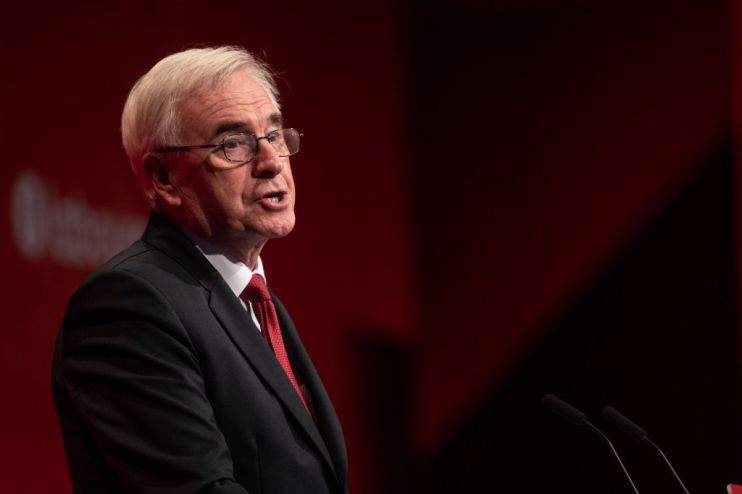IFS boss: Labour’s spending pledges likely to push up taxes for average earners

The director of the Institute for Fiscal Studies (IFS) has said Labour’s spending plans are likely to lead to higher taxes for those on average incomes.
Read more: Hey, big spender: Institute for Fiscal Studies boss Paul Johnson on the end of economic orthodoxy
In an interview with City A.M., Paul Johnson also said the party has questions to answer over its plans to renationalise the railways, water and energy companies, and Royal Mail.
His comments came with Labour and the CBI locked in a war of words over the latter’s recent analysis that the nationalisations would cost £196bn.
Labour disputed the figures, which the CBI later said included costs of purchases that were not party policy.
Johnson said the business group’s focus was misplaced. Instead, he asked: “How are you going to ensure it’s efficient? What is the regulatory structure going to be?”
The IFS boss said that other countries’ experiences showed that increased spending of the sort required to nationalise industries is usually funded through higher taxes for everyone. He said: “That’s what you’d probably have to do.”
Johnson added that Labour’s nationalisation policy would not work if government departments directly controlled the nationalised industries. Rather, they should be run at “arm’s length,” he said.
He said Labour must explain what the policy achieves “that you’re not getting, and you couldn’t get, by changing the regulatory system in the private sector”.
A Labour spokesperson said: “It’s a relief that the economic orthodoxy are finally ready for a grown up conversation about public ownership.”
Read more: Government almost matching Labour’s spending pledges, says IFS
“We have no intention of running utilities out of government departments, as we have said clearly and repeatedly, including in detailed, published policy documents. We will continue to be open and upfront about our plans as they develop.”
(Image credit: Getty)